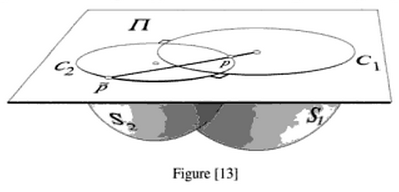Although you can find some good hints through recommendations, there's nothing like scanning a book shelf (in real life or virtually), taking a peek into a book all by yourself, reading the preface (where the author details whom is the book to), maybe reading the 1st chapter and trying the exercises.
This way you'll find something that's accessible and interesting for you, something that fits into your time constrains and matches your other interests.
Schaum's books were mentioned above. But also take a look at other serious publishers like: McGraw-Hill, Dover (for example, Concepts of Modern Mathematics by Ian Stewart), Cambridge University Press (i.e. How to Think Like a Mathematician by Kevin Houston), or Oxford University Press (How to Study as a Mathematics Major by Lara Alcock).
Noitice about Schaum's Outlines, prompted by comments on another answer, bold mine:
Many titles feature noted authors in their respective fields, such as
Murray R. Spiegel and Seymour Lipschutz. Originally designed for
college-level students as a supplement to standard course textbooks,
each chapter of a typical Outline begins with only a terse explanation
of relevant topics, followed by many fully worked examples to
illustrate common problem-solving techniques, and ends with a set of
further exercises where usually only brief answers are given and not
full solutions.
As said, take a look and decide for yourself if the book you have in hands is what you need/want. Different books have different purposes. You might well train your mechanical abilities or solve general problems or dig into shaping your math thinking, or give a try to some specific, normally not viewed in high-school, math field, like game theory or graph theory.
